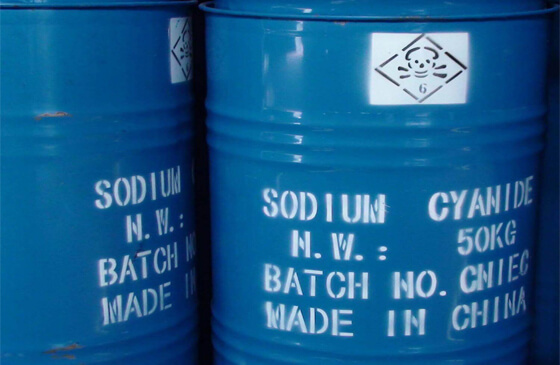The Ministry of Health has issued a stern warning about the severe dangers posed by sodium cyanide following the overturning of a truck carrying the hazardous chemical in the Kambembe area of Rironi, Kiambu County, on Saturday, July 20, 2024.
Sodium cyanide, a highly toxic chemical compound, poses significant risks to human health and the environment.
Widely used in industries such as mining and manufacturing, its harmful effects have raised serious concerns among health experts and environmentalists.
Health Impacts
- Immediate exposure can cause dizziness, headache, nausea, and vomiting. In severe cases, it can lead to respiratory failure, cardiac arrest, and death within minutes.
- Prolonged contact can result in long-term health issues, including neurological damage, thyroid problems, and skin irritation.
- Safety measures, including protective gear and proper ventilation, are crucial to minimize exposure.
Long Term Health Impacts
- Inhalation of sodium cyanide can cause rapid respiratory distress.
- Symptoms include coughing, shortness of breath, and chest tightness. In severe cases, exposure can lead to respiratory paralysis and death.
- Cyanide affects the cardiovascular system by inhibiting cellular respiration. This can cause arrhythmias, hypotension, and in extreme cases, cardiac arrest.
- Neurological symptoms of cyanide poisoning include confusion, agitation, seizures, and loss of consciousness.
- Long-term exposure can result in persistent neurological deficits, including cognitive impairment and motor dysfunction.
Environmental Impact
- Accidental spills or improper disposal can lead to the contamination of rivers and lakes. Aquatic life, particularly fish, are highly susceptible to cyanide poisoning, which can disrupt entire aquatic ecosystems.
- Sodium cyanide can persist in the soil, affecting plant growth and contaminating the food chain. Plants absorb cyanide from contaminated soil, which can then be ingested by animals and humans.
Protective Measures
- Chemical-resistant gloves made of materials like butyl rubber, nitrile, or neoprene are essential to prevent skin contact with sodium cyanide.


